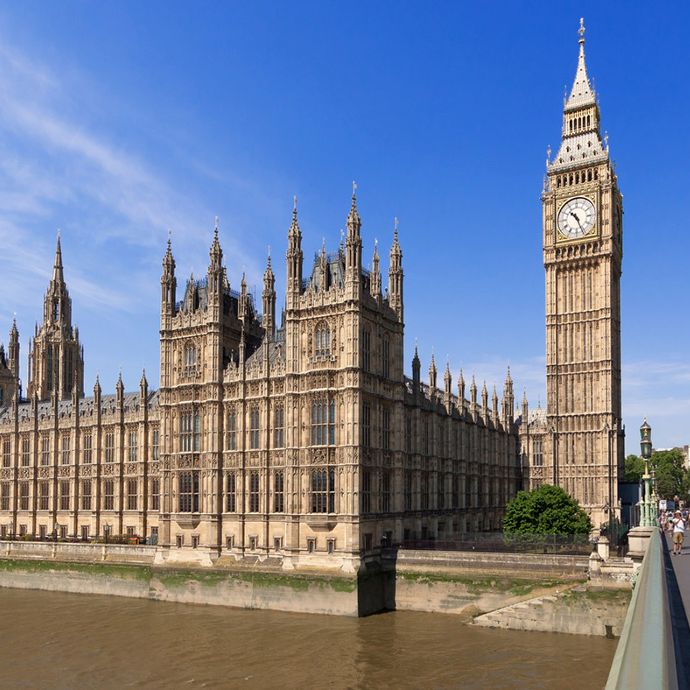
A Faculty of Law expert in constitutional and international law has recommended a way for the United Kingdom to strengthen its outdated system for scrutinizing treaties, and her advice has been included and endorsed in a British parliamentary report that is urging such reform.
In a report published on April 30, the Constitution Committee of the House of Lords endorsed the proposal to establish a treaty scrutiny committee, citing invited written evidence provided by Professor Joanna Harrington of the University of Alberta.
Harrington said that such a committee would have several benefits. It creates a visible location for the texts of proposed treaties and their background materials, and would publicize the reasons the government wants to ratify a treaty. A committee would also be able to receive submissions and hear testimony from witnesses, should an inquiry be warranted.
Harrington's research expertise on the parliamentary scrutiny of treaties dates to the mid-2000s, when she undertook a two-year research project examining the law and practice of the United Kingdom, Australia, Canada, New Zealand and South Africa in the field of treaty-making, with a view to recommending reforms to encourage greater legislative involvement, enhance transparency and public awareness, and improve democratic accountability.
Her results were published in a leading journal, the International and Comparative Law Quarterly, and have garnered reference in several Library of Parliament briefings in both Canada and the United Kingdom.
"Research in law takes time to have an impact, including an international impact," said Harrington. "In other fields, perhaps one can measure impact by journal citation counts, but a more nuanced approach is needed in law and policy areas."
In this case, Brexit was also a factor, she said, as it has led to renewed interest in the role for parliamentarians in reviewing treaties made by the executive branch.
"I only wish the work had the same impact in Canada, where there is no national treaty committee and no statutory obligation to place treaties before Parliament."
The practice in common law states of having the executive make law by treaty is currently a matter of interest in the United Kingdom because of the country's expected imminent departure from the European Union. The EU has been negotiating treaties for its members, including the recent Canada-European Union Comprehensive Economic and Trade Agreement (CETA). After Brexit, Britain will gain back its ability to negotiate its own trade agreements, fisheries agreements and other treaties.
However, Britain's process is considered flawed and inadequate because it limits Parliament's power. Parliament has no involvement in treaties until negotiations have resulted in a signed deal. Parliamentarians are then limited to a 21-sitting-day period for examining a treaty. During that time, there is no guarantee of a debate or a vote on whether a treaty should be ratified.
Harrington's recommendation for a dedicated treaty committee was echoed by several other experts, including Australia's former foreign minister Alexander Downer, who emphasized that with globalization "treaties have become a more important issue than ever before."